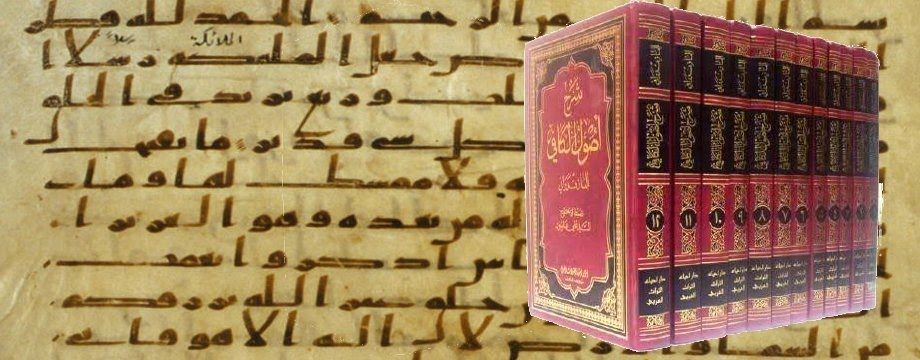Very little is known about the author of what is arguably the most influential ḥadīth collection in the Shiʿa world, Muḥammad ibn Yaʿqūb al-Kulaynī. Unlike some of his contemporaries and compilers of other well-known works of ḥadīth, details about al-Kulaynī’s life are sketchy at best. He is said to have hailed from the village of Kulayn in Rayy. However, some scholars such as al-Samʿānī (d. 562 AH) apparently confused this with another village known as Kilīn and as such referred to him as al-Kulīnī.1 His father was one of the known scholars of Rayy but since al-Kulaynī never narrated anything from him, it would be reasonable to surmise that he must have died while the latter was very young. However, al-Kulaynī did benefit from the tutelage of his maternal uncle.
In Baghdad, al-Kulaynī lived in the south-western quarter of Darb al-Silsilah and hence is also at times referred by the title ‘al-Silsilī’ in some sources. He passed away in Baghdad in either 329 AH (according to al-Najāshī and al-Ṭūsī in his Rijāl) or in 328 AH (according to al-Ṭūsī in his Fihrist and ʿAlī ibn Ṭāwūs in Kashf al-Maḥajjah). The former date is generally accepted over the latter. He apparently died in the month of Shaʿbān and this is of special interest since the final representative of the 12th Imām (a) in the minor occultation, al-Samurī, also died in exactly the same month and year. Al-Kulaynī’s grave is also a point of disagreement and in some older sources it is said that he was buried in the Bāb al-Kūfah cemetery. This is what Ibn ʿAbdūn, the erstwhile Imāmī scholar (d. 423) says when he recounts visiting al-Kulaynī’s grave only a few decades after his demise and seeing a tombstone on which was carved the name of al-Kulaynī and his father. However, it is reported that the site of his grave was later forgotten or lost (possibly due to flooding).2 However, there is a tomb in Baghdad that is said to belong to al-Kulaynī and is visited by many Shiʿas today, but it is located in a different area of the city, an area that was predominantly Sunnī in the past.

